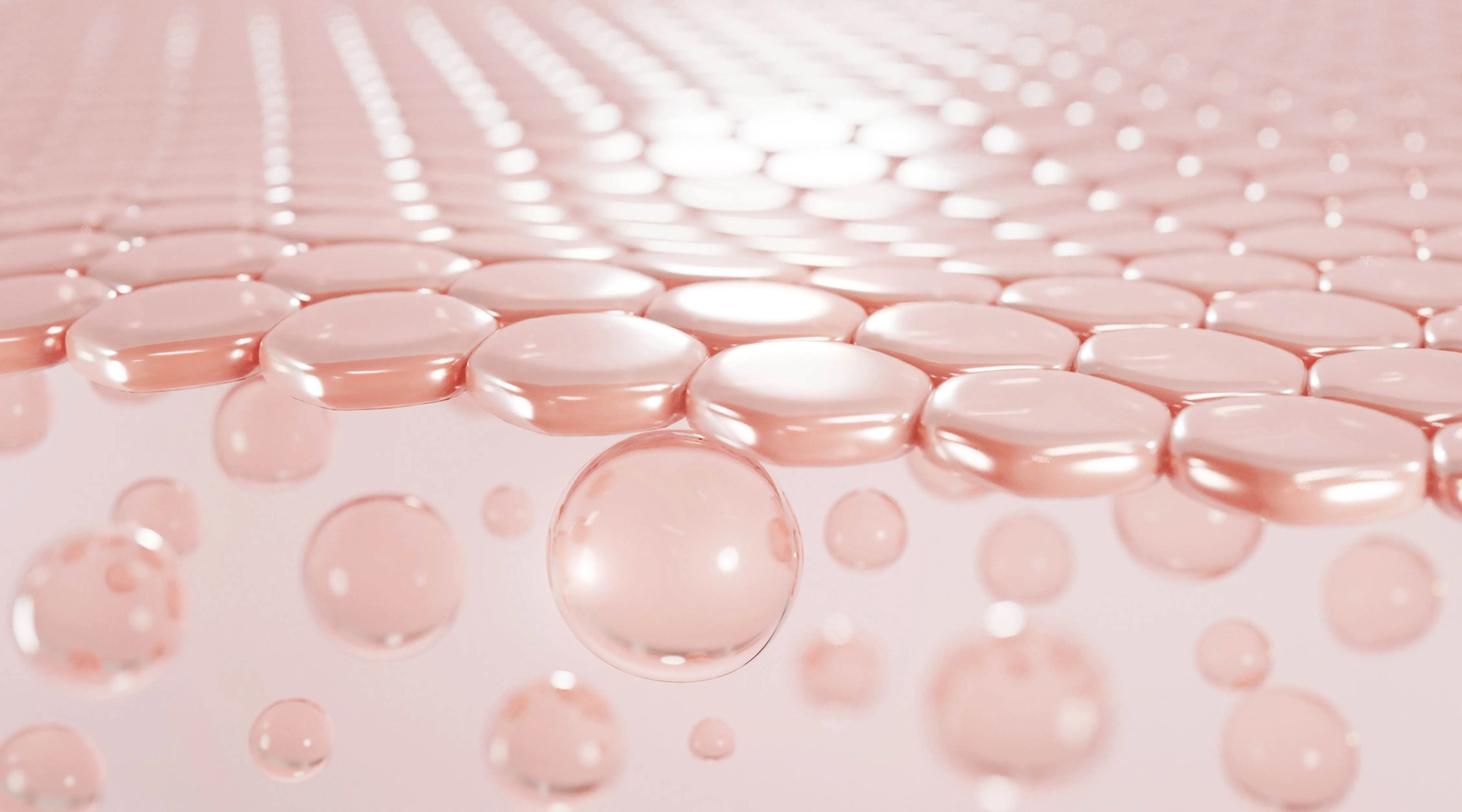Understanding Chicken Skin or Keratosis Pilaris

What is Chicken Skin?
Chicken skin, medically known as keratosis pilaris, is a common skin condition characterized by small, rough bumps that appear on the arms, thighs, cheeks, or buttocks. These bumps are caused by a buildup of keratin, a protein that blocks hair follicles, leading to a bumpy texture similar to goosebumps or plucked chicken skin.
Causes of Chicken Skin
While the exact cause of keratosis pilaris is unknown, it is believed to be linked to:
Genetics: If your family members have it, you're more likely to develop it.
Dry Skin: People with dry skin or eczema are more prone to this condition.
Hormonal Changes: It often appears or worsens during puberty or pregnancy.
Vitamin Deficiencies: A lack of vitamin A or omega-3 fatty acids may contribute to the condition.
How to Manage and Treat Chicken Skin
Although keratosis pilaris is harmless, some people seek treatment to improve their skin’s appearance. Here are some ways to manage it:
1. Exfoliation
Regular exfoliation helps remove dead skin cells and unclog hair follicles.
Use gentle physical scrubs (like sugar or salt scrubs) or chemical exfoliants containing AHAs (glycolic or lactic acid) or BHAs (salicylic acid) to smooth the skin.
2. Moisturize Regularly
Hydrating the skin is essential to reducing dryness and irritation.
Look for moisturizers containing urea, lactic acid, or ceramides to help soften the bumps.
3. Use Mild Cleansers
Avoid harsh soaps that strip natural oils, as they can make keratosis pilaris worse.
Opt for gentle, hydrating cleansers with soothing ingredients like aloe vera or oatmeal.
4. Take Warm, Not Hot Showers
Hot water can dry out the skin, exacerbating the condition.
Limit showers to 10–15 minutes and follow up with moisturizer immediately after drying off.
5. Try Prescription Treatments
If over-the-counter treatments don’t work, a dermatologist may prescribe retinoids or stronger exfoliating creams.
Topical retinoids (like tretinoin) help speed up cell turnover, reducing keratin buildup.
6. Consider Dietary Changes
Increase vitamin A intake through foods like carrots, sweet potatoes, and leafy greens.
Incorporate omega-3 fatty acids from fish, flaxseeds, or walnuts to help improve skin hydration.





